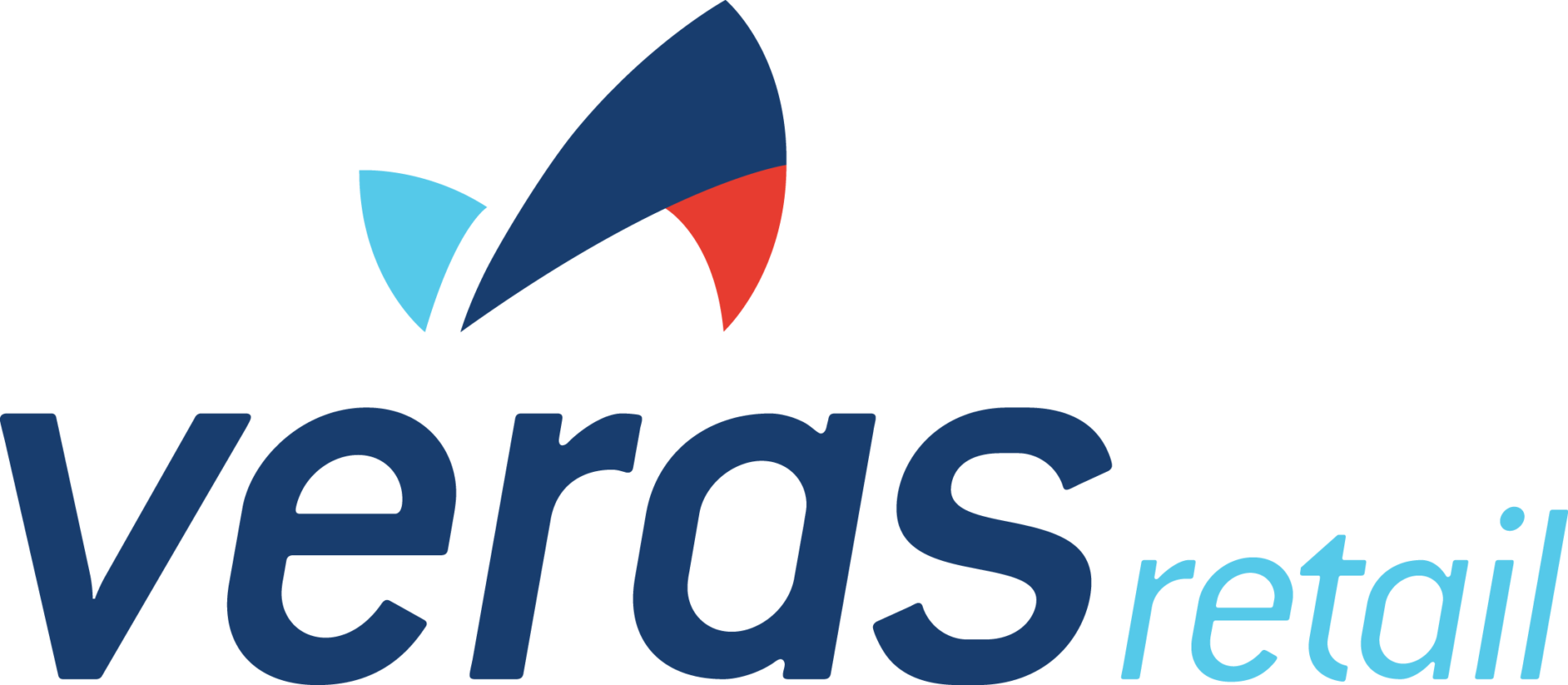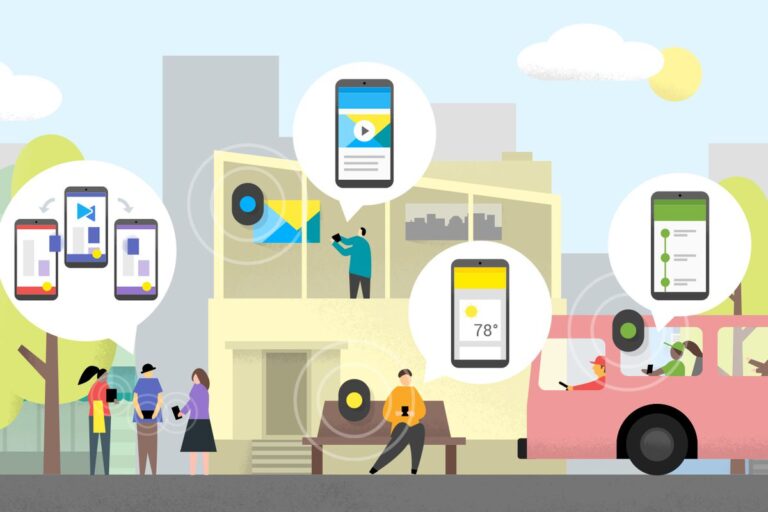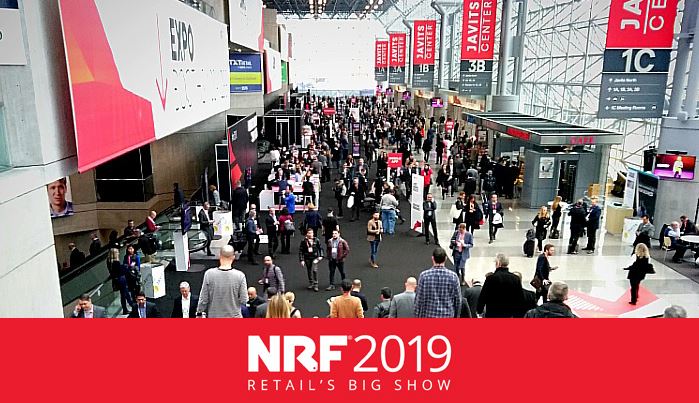Building genuine connections with customers is beneficial to retail chains. Shoppers no longer deem tailored services “nice-to-have”; they expect them across every touchpoint, and retailers that meet this expectation grow faster. In its “Next in Personalization 2021” report, McKinsey highlighted that companies excelling at personalization drive ~40% more revenue from those activities than slower peers. Clienteling is a strategic approach to do just that.
Unlike ordinary sales tactics, clienteling empowers store associates with customer data and tools to build long-term relationships rather than one-off transactions. Let’s understand what it is and how to choose the right clienteling solutions to empower store teams and boost customer loyalty and sales.
What is Clienteling and Why Your Store Team Needs it Now
Clienteling is a technique retail associates use to establish lasting relationships with customers based on their behaviors, preferences, and purchase history. Rather than simply ringing up sales, associates with access to customer profiles and history can provide personalized recommendations and service.
This is vital in an exceptionally crowded retail market. One study found that customers who receive one-to-one attention spend 3-4x more each year and have 63% higher average order value than those who do not (Modern Retail, 2022). Today’s shoppers also expect this level of care. McKinsey’s research shows 76% of consumers consider personalized communications a key factor when choosing a brand, and 78% say it makes them more likely to repurchase.
With loyalty harder to earn than ever, clienteling helps drive repeat business and lifetime value. And when trained with the correct information and tools, store staff become trusted advisors, greeting customers by name, knowing their sizes and past buys, and suggesting just the right products. This “human touch” in store differentiates your brand and keeps customers coming back!
What Makes a Great Clienteling Solution?
A great clienteling solution puts customer data at the fingertips of your associates and makes it easy to act on it. It should pull together all relevant customer info (profile details, past orders, service notes) into one view so workers immediately understand the shopper they’re assisting. The tool should also facilitate personalized engagement: for instance, help send follow-up emails or texts with curated recommendations right from the app.
Speaking of, the solution must be mobile and intuitive so that frontline workers can use it on the sales floor for quick look-ups and updates. The “2023 Store Operations Benchmark Survey” by Retail TouchPoints showed that 59% of the participating retailers that equipped store staff with mobile access to product and customer information reported improved employee productivity.
In short, the right clienteling tool makes it effortless for associates to get to know their customers and personalize service in real time.
Ready to Find the Best Clienteling Solution for Your Team?
9 Key Features to Look for in Top Clienteling Tools
When evaluating clienteling solutions, look for features that genuinely empower your store team and streamline their workflow. Essential capabilities include:
- Unified Customer Profiles: Combines data from CRM, POS, and e-commerce so associates see a complete customer view at a glance (past purchases, sizes, preferences, etc.).
- Purchase History & Preference Tracking: Easily access what the customer bought before and what they like or dislike. Personalized Communication Tools: Built-in email and SMS capabilities let associates send tailored messages, promotions, or order updates directly through the app.
- Task Management & Reminders: Associate workflows are supported with to-do lists and reminders for follow-ups, birthdays, anniversaries, or VIP events so that no important date slips by.
- Calendar/Appointment Scheduling: Book and track customer appointments or style sessions, enabling white-glove service and longer one-on-one engagement.
- Intelligent Product Recommendations: Based on their data and seasonal trends, AI-driven suggestion engines surface items a customer is most likely to love.
- Activity Tracking & Performance Reporting: Dashboards report on clienteling activity (touchpoints, conversions, revenue per associate) so managers can see what’s working and coach effectively.
- Mobile Accessibility: A responsive tablet or mobile app allows associates to look up information and engage clients anywhere in the store.
- Integration with Retail Systems: A seamless link with CRM, ERP, inventory, and POS is a must. This connects data sources (e.g., stock levels, past orders) and enables “endless aisle” selling where associates can look up and order products across all channels.
Investing in Clienteling Software Pays Off – Here’s How!
- Clienteling drives more sales by turning casual browsers into buyers. Personalized recommendations and follow-ups accelerate conversions.
- Happy, engaged customers keep returning; even a slight boost in retention can dramatically impact profits.
| DID YOU KNOW? 💡 A famous study by Bain & Co. found that a 5% increase in customer retention can lift profits by 25%! |
- Clienteling solutions make teams more effective on the floor. They know they have the information they need to wow customers. This confidence increases productivity and morale.
- Personalized service turns routine shopping into memorable experiences. Customers feel valued when store workers remember them and make thoughtful suggestions. A positive word-of-mouth yields higher Net Promoter Scores!
- As associates engage and log interactions, retailers collect rich customer data. Better data enables smarter marketing campaigns, inventory planning, and product development. And over time, the clienteling system becomes a goldmine of consumer behavior data that helps sharpen strategies across the business.
Empower Your Team with Intelligent Clienteling with Veras Affinity
Veras Affinity is our modern, data-driven clienteling solution designed to equip retail staff with advanced customer insights and product knowledge, enabling them to hyper personalized shoppers’ experiences.
When a customer walks in, frontline workers can view their profile and begin a tailored conversation. Affinity’s AI engine analyzes past purchases, in-store interactions, and direct associate input to generate more thoughtful, customer-specific product suggestions.
Veras Affinity also seamlessly integrates with your POS and inventory systems. Associates can search an endless aisle catalog, add items to a customer’s cart or wishlist on the spot, and even schedule out-of-stock items for ship-to-store or delivery.
Combining all these intelligent features in a unified mobile app, Affinity encourages associates to focus on relationship-building. The system does the heavy lifting behind the scenes, freeing retail staff to engage with customers. The result is a richer shopping experience and higher sales. Your employees know exactly what to recommend and when to reach out, and customers feel delighted—a combination that pays off across your retail business!
FAQs
1. How does clienteling differ from standard customer service?
Standard customer service is mainly reactive and transactional and tends to meet immediate needs. Clienteling is proactive and relationship-focused, involving associates intentionally building long-term connections, remembering preferences, and offering tailored experiences to drive loyalty.
2. Is specialized hardware required for clienteling apps?
Most modern clienteling solutions, including Veras Affinity, run on standard tablets or smartphones (iOS or Android). Ruggedized devices can be used in high-traffic environments, but a store’s existing mobile hardware typically suffices.
3. How can retailers encourage store associates to use clienteling software effectively?
Successful adoption requires proper training, clear communication on the benefits, and incorporating clienteling activities and their impact into performance evaluations.
4. How do I choose the best clienteling solution for my store’s unique needs?
Assess your associates’ workflows and gather feedback to ensure the tool complements their daily routine. Secondly, verify that the solution scales with your business and integrates seamlessly with your existing RMS to avoid data silos. And most importantly, check vendor experience and support through references or case studies. For a turnkey, AI-powered option that meets all these criteria out of the box, consider Veras Affinity.




